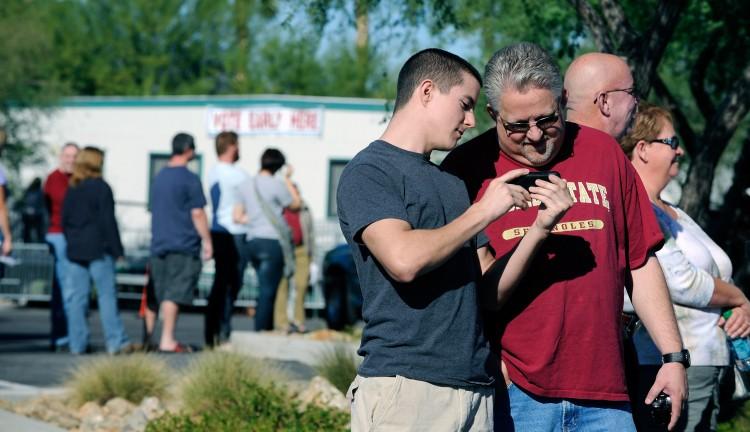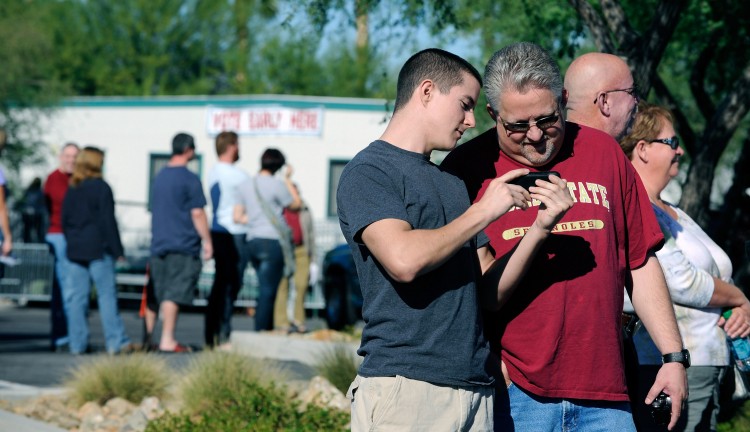“It’s important we uplift and empower people,” said Eric Marshall, co-leader of the Lawyers’ Committee for Civil Rights Under Law, Election Protection, in a telephone press conference. He said that some poll workers are confused, as are some voters, by new and fluctuating state voting rules.
His group has built relationships with local election officials—“the ones who can really resolve problems,” according to Marshall. Election Protection is prepared to file emergency lawsuits on Election Day.
Since 2011, 19 states have adopted 25 laws and 2 executive actions restricting how people can register to vote and how they can cast their votes.
Civil rights and voting rights advocates alike opposed the new rules. State and federal courts blocked some of them, according to the Brennan Center for Justice.
“These victories should send a strong message that the civil rights community is active in protecting voting rights,” said Myrna Pérez, senior counsel for the Democracy Program at the Brennan Center.
Florida, Georgia, Illinois, Iowa, Kansas, New Hampshire, Pennsylvania, Rhode Island, South Dakota, Tennessee, Texas, Virginia, West Virginia, and Wisconsin all have new laws that have the potential to disenfranchise eligible voters.
Ethnic minorities, the young, the poor, and the elderly are most likely to have problems with voting, according to Pérez. Voting advocates are using multiple tactics to make sure that eligible voters know the rules and are able to cast their votes.
“It’s not a situation where if we build it they will come,” said Evan Bacalao, senior director of Civic Engagement with the National Association of Latino Elected and Appointed Officials, in a telephone press conference.







